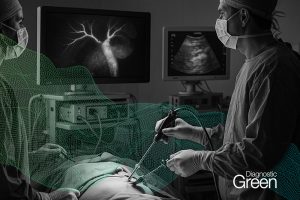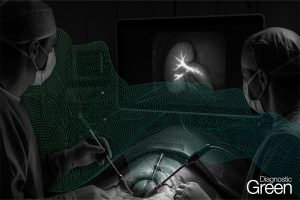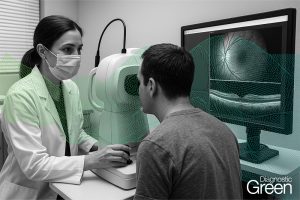This meta-analysis was conducted to systematically evaluate the short-term efficacy and safety of indocyanine green (ICG) fluorescence imaging-guided laparoscopic hepatectomy.
This meta-analysis included 6 studies comprising 417 patients with liver disease. The meta-results showed that compared to the control group, ICG fluorescence imaging-guided laparoscopic hepatectomy can significantly shorten the operative time [weighted mean differences (WMD) = -20.81, 95% CI, -28.02–13.59, p = 0.000], reduce intraoperative bleeding [WMD = -108.16, 95% CI, -127.88–88.44, p = 0.000], shorten hospital stay [WMD= -1.23,95% CI, -1.50–0.95, p = 0.000], and reduce the incidence of postoperative complications [OR = 0.49,95% CI, 0.26-0.91, p = 0.025]. There were no differences in blood transfusion, hilar occlusion time, and surgical margin.
Conclusion: The application of ICG fluorescence imaging technology in laparoscopic hepatectomy can effectively reduce the operative time, blood loss, hospital stay and the incidence of postoperative complications.




